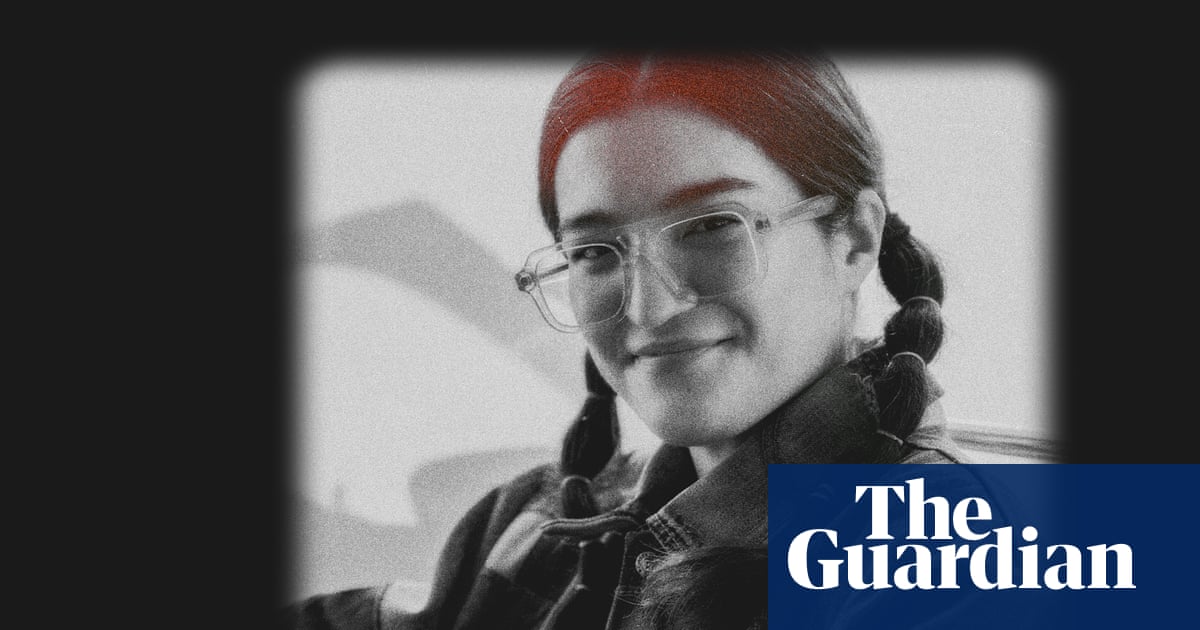
"When I tell you that beauty is a monster, I need you to know it is my favorite kind. Sicardi, who splits their time between New York City and Los Angeles, has a love/hate relationship with the beauty industry. A writer and consultant working in beauty and tech, their projects include a beauty newsletter, a creative collective called Perfumed Pages and a non-profit arts project called the Museum of Nails Foundation."
"I wrote a story critical of an advertising campaign and then got flak for it, they recall. I decided to leave because I didn't want to deal with the politics and the insincerity of being told I can do something, but then having my work deleted. That type of situation still happens very regularly to writers for publications to this day, they said."
"But Sicardi interweaves deeper strands: the beauty industry's relationship to the climate crisis, the markup on basic goods like shampoo in US prisons and how the history of nail salons in the US relates to the Vietnam war. Yet Sicardi describes themselves as devoted to telling stories about the beauty industry because of its ability to bring people together and provide comfort as with the monthly nail appointments they describe as one of the only indulgences I could afford in their early 20s."
Beauty operates as both comfort and coercion, providing social rituals like monthly nail appointments while enforcing unrealistic standards. The industry represents a $450bn economy that produces appealing products alongside exploitative labor practices, environmental damage, and inflated prices for basic goods in institutions such as prisons. Corporate and editorial politics can suppress critical voices and lead to professional censorship. Historical and political entanglements appear, including ties between nail salons and the Vietnam War and links between fashion figures and fascism. The overall perspective balances acknowledgement of communal pleasures with exposure of systemic harm and complicity.
Read at www.theguardian.com
Unable to calculate read time
Collection
[
|
...
]